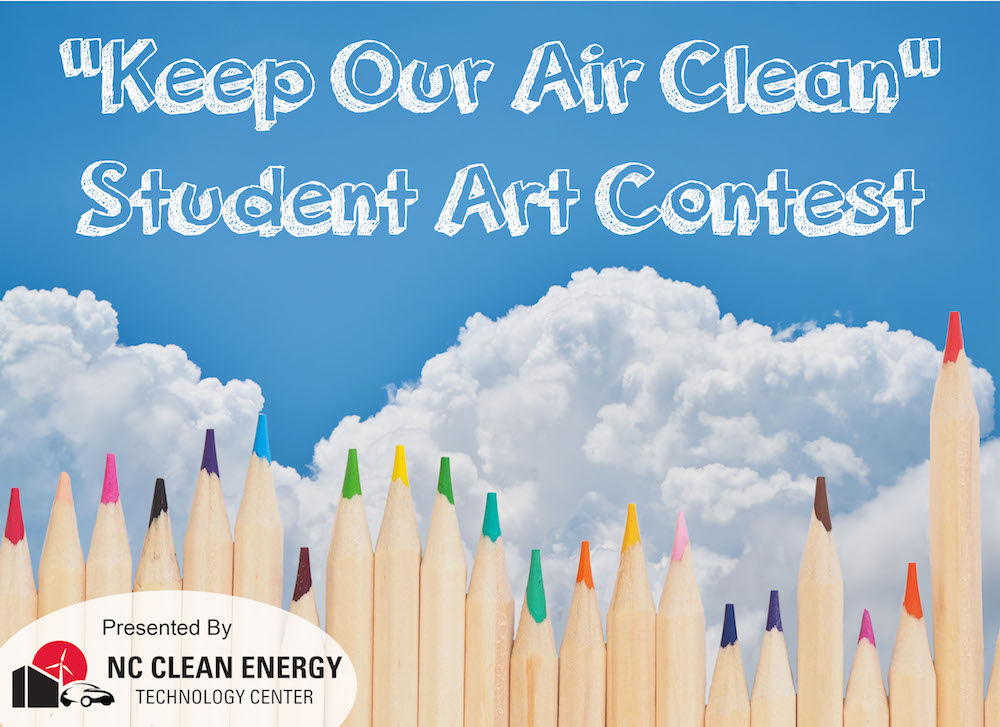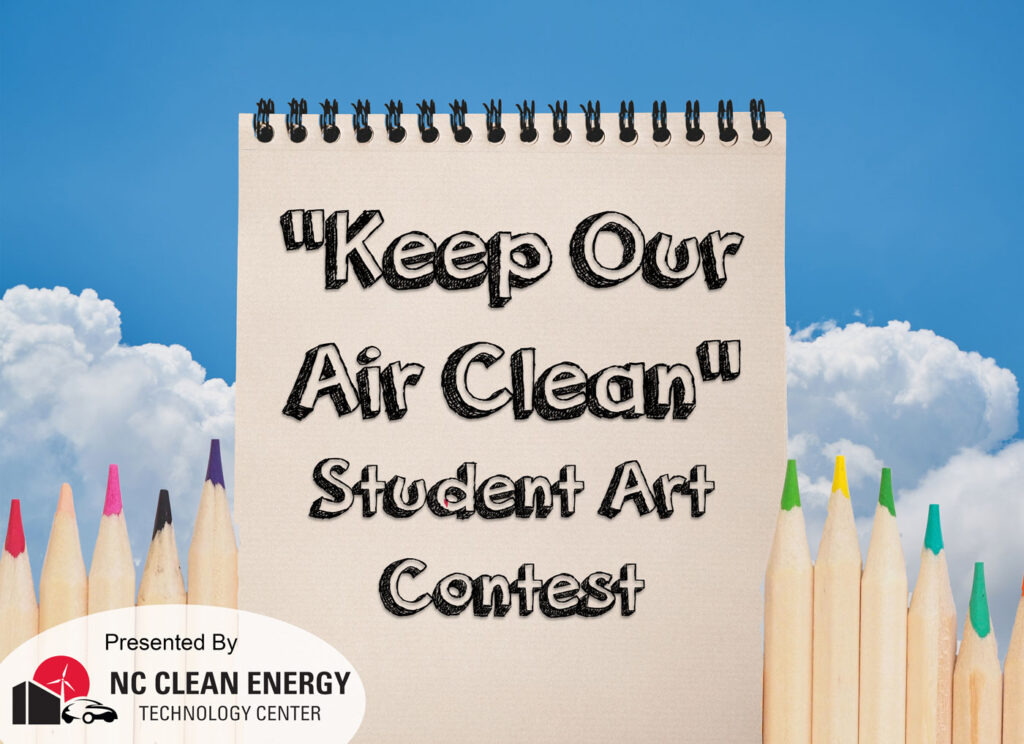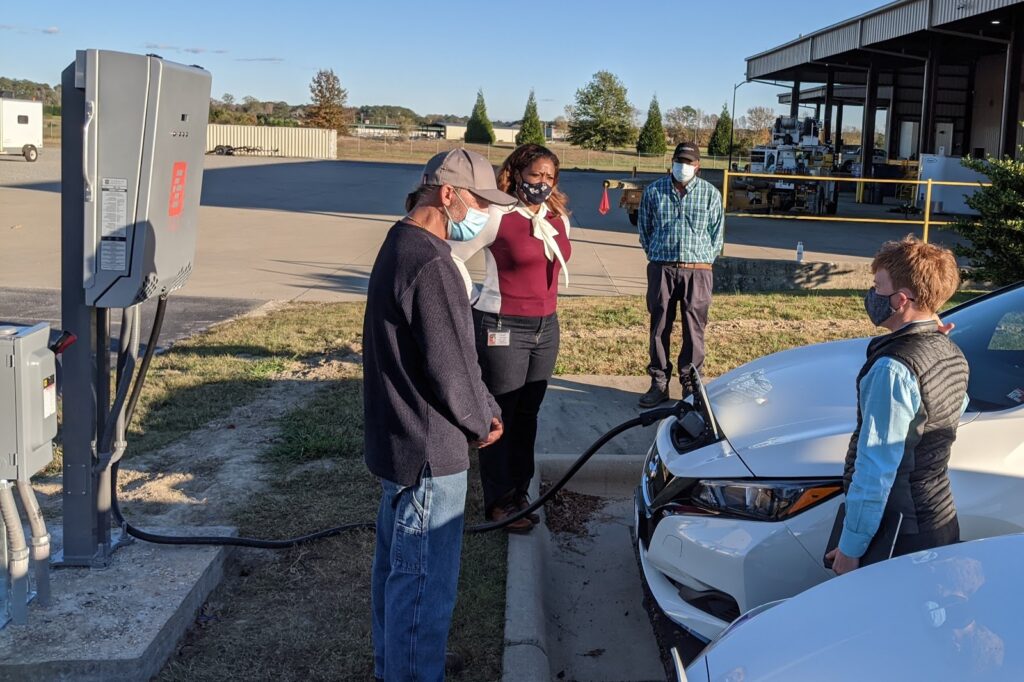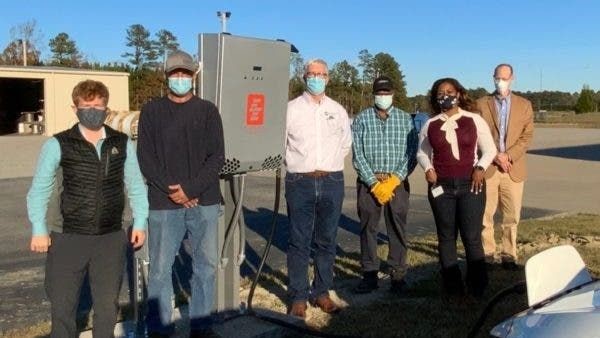Raleigh, NC – (August 4, 2021) The N.C. Clean Energy Technology Center (NCCETC) released its Q2 2021 edition of The 50 States of Electric Vehicles. The quarterly series provides insights on state regulatory and legislative discussions and actions on electric vehicles and charging infrastructure.
The report finds that 46 states and the District of Columbia took actions related to electric vehicles and charging infrastructure during Q2 2021 (see figure below), with the greatest number of actions relating to rebate programs, rate design for vehicle charging, and additional fees for electric vehicles. A total of 537 electric vehicle actions were taken during Q2 2021, with the most active states being Massachusetts, Minnesota, California, Illinois, New York, New Jersey, and Oregon.
Q2 2021 State and Utility Action on Electric Vehicles
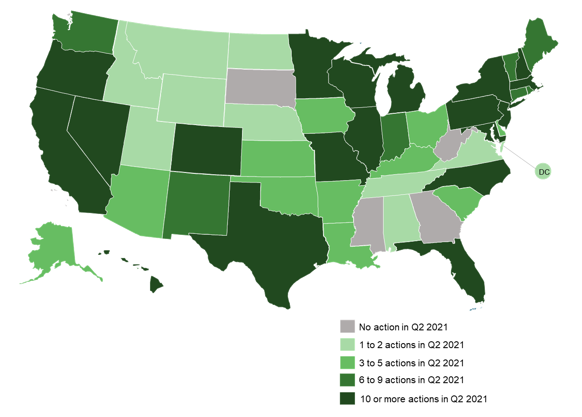
The report discusses three trends in electric vehicle actions taken in Q2 2021: (1) utilities piloting utility-owned residential charging station programs, (2) policymakers and utilities taking steps to encourage fleet electrification, and (3) utilities working to grow fast charging networks.
“As regulators continue to consider the appropriate role for utilities in the deployment of transportation electrification infrastructure, many utilities are filing proposals to pilot programs involving utility-owned charging stations in homes and at businesses,” observed Autumn Proudlove, Senior Policy Program Director at NCCETC. “Other states, however, have more firmly committed to a make-ready approach, where utilities own only make-ready infrastructure and not charging stations themselves.”
2021 Proposed Legislation on Electric Vehicles (as of Mid-July 2021)
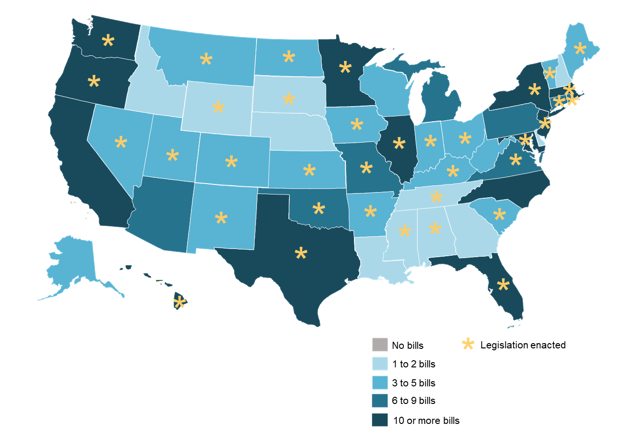
The report notes five of the top policy developments of the quarter:
- Duke Energy filing its Make-Ready and Phase II Electrification of Transportation program proposals in North Carolina;
- Arizona, Oregon, and South Carolina initiating transportation electrification investigations;
- Colorado lawmakers enacting expansive transportation legislation;
- Connecticut and Hawaii legislators adopting zero-emission vehicle procurement targets for state fleets; and
- California regulators approving San Diego Gas & Electric’s Power Your Drive program extension.
“Following the actions taken this quarter, only nine states have not exempted EV charging station owners from regulation as public utilities in at least some configurations,” observed David Sarkisian, Senior Policy Project Manager at NCCETC. “Many states have moved on to other regulatory issues, such as determining the types of investments that electric utilities can make in charging infrastructure, and operating requirements and efficiency standards for charging equipment.”
View the 50 States of Electric Vehicles 2021 Q2 Update Executive Summary
View and Purchase the 50 States of Electric Vehicles 2021 Q2 Update FULL Report
View other 50 States Reports – Solar, Grid Modernization and Electric Vehicles
ABOUT THE N.C. CLEAN ENERGY TECHNOLOGY CENTER
The N.C. Clean Energy Technology Center, as part of the College of Engineering at North Carolina State University, advances a sustainable energy economy by educating, demonstrating and providing support for clean energy technologies, practices and policies. It serves as a resource for innovative, sustainable energy technologies through technology demonstration, technical assistance, outreach and training. For more information about the Center, visit: http://www.nccleantech.






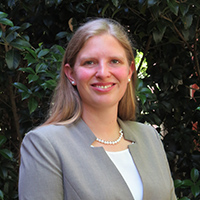 The clean transportation team also provides technical assistance in the form of training and fleet assessments. Heather Brutz, Finance and Operations Manager for the clean transportation program, was on a team that conducted a quantitative analysis evaluating the
The clean transportation team also provides technical assistance in the form of training and fleet assessments. Heather Brutz, Finance and Operations Manager for the clean transportation program, was on a team that conducted a quantitative analysis evaluating the  NCCETC’s staff helps to diversify fuel supplies, reduce emissions and support cleaner air and greater energy security. John Bonitz, a specialist on the clean transportation team, assists in administering federal funding through the
NCCETC’s staff helps to diversify fuel supplies, reduce emissions and support cleaner air and greater energy security. John Bonitz, a specialist on the clean transportation team, assists in administering federal funding through the 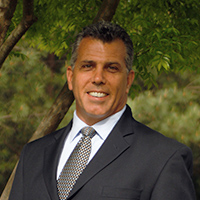 New transportation technologies are always on the horizon and U.S. fleets are currently in a frenzy to electrify, according to Richard Sapienza, Director of the Clean Transportation program. So, the clean transportation team recently hired two new clean transportation specialists. “I welcome the expertise and assistance of our two new hires, Lisa Poger and Alrik Lunsford,” Sapienza said. “Both have significant and relevant industry experience and can hit the ground running.”
New transportation technologies are always on the horizon and U.S. fleets are currently in a frenzy to electrify, according to Richard Sapienza, Director of the Clean Transportation program. So, the clean transportation team recently hired two new clean transportation specialists. “I welcome the expertise and assistance of our two new hires, Lisa Poger and Alrik Lunsford,” Sapienza said. “Both have significant and relevant industry experience and can hit the ground running.”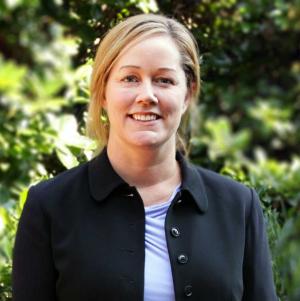 Lisa Poger, Senior Clean Transportation Specialist
Lisa Poger, Senior Clean Transportation Specialist Alrik Lunsford, Clean Transportation Specialist
Alrik Lunsford, Clean Transportation Specialist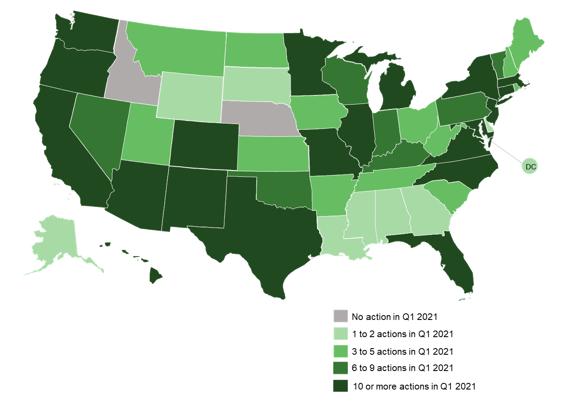
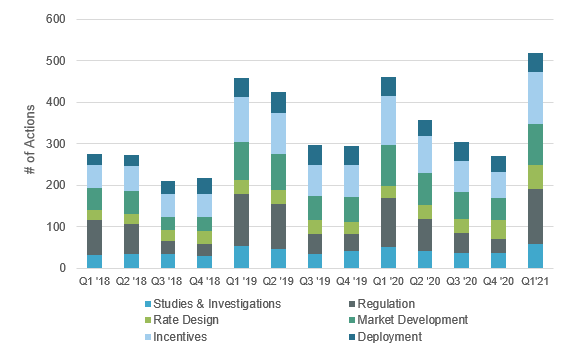

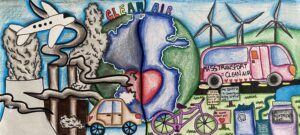
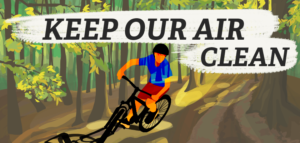


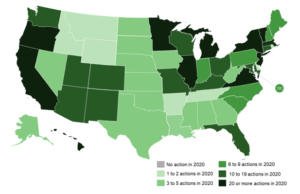 The
The 